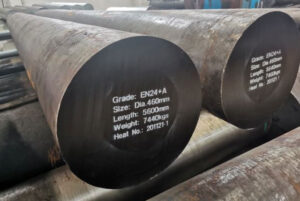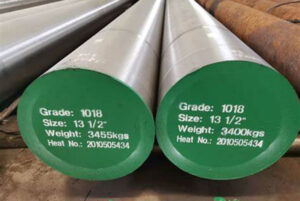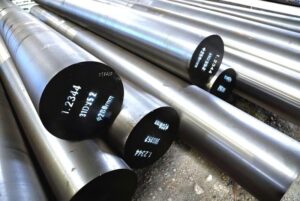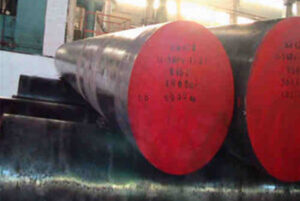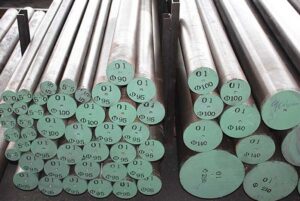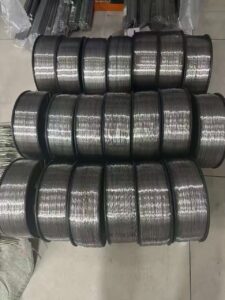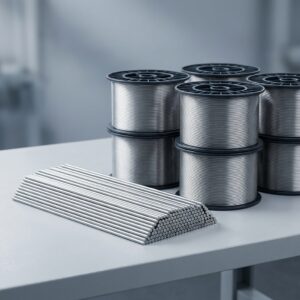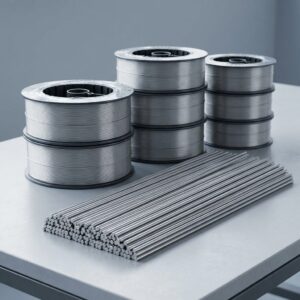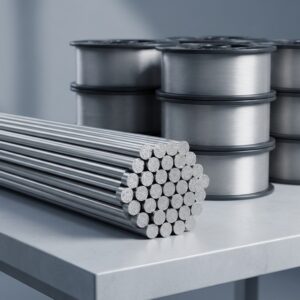Incoloy 800 Nickel-Iron-Chromium Alloy Steel is a unique material, distinguished by its robust composition of nickel, iron, and chromium. This alloy is famed for its outstanding resistance to oxidation and carburization at high temperatures. In this comprehensive guide, we’ll dive into the nitty-gritty of Incoloy 800, exploring its chemical composition, mechanical properties, applications, and more. Let’s embark on this metallurgical journey!
Overview of Incoloy 800 Nickel-Iron-Chromium Alloy Steel
Incoloy 800 is a nickel-iron-chromium alloy that stands out due to its excellent high-temperature strength and resistance to oxidation, sulfidation, and carburization. Developed in the mid-20th century, this alloy has become indispensable in industries requiring materials that can withstand extreme environments. Whether it’s in the petrochemical sector, power generation, or heat treatment equipment, Incoloy 800 proves its worth time and time again.
Key Features of Incoloy 800
- High-Temperature Strength: Capable of maintaining structural integrity at temperatures up to 1100°C (2012°F).
- Oxidation Resistance: Resists scaling and retains strength in high-temperature oxidizing environments.
- Corrosion Resistance: Excellent resistance to a wide range of corrosive environments.
- Versatile Applications: Used in various industries including chemical processing, nuclear power plants, and industrial heating.
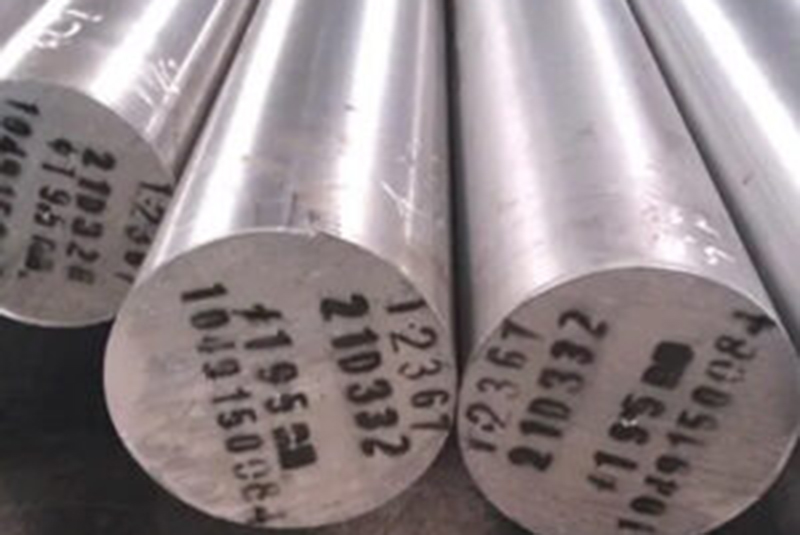
Chemical Composition of Incoloy 800
Understanding the chemical makeup of Incoloy 800 is crucial as it underpins its remarkable properties. Here’s a detailed look at its chemical composition:
| Element | Percentage |
|---|---|
| Nickel (Ni) | 30.0 – 35.0 |
| Chromium (Cr) | 19.0 – 23.0 |
| Iron (Fe) | 39.5 min |
| Carbon (C) | 0.10 max |
| Manganese (Mn) | 1.50 max |
| Silicon (Si) | 1.00 max |
| Sulfur (S) | 0.015 max |
| Copper (Cu) | 0.75 max |
| Aluminum (Al) | 0.15 – 0.60 |
| Titanium (Ti) | 0.15 – 0.60 |
Mechanical Properties of Incoloy 800
The mechanical properties of Incoloy 800 make it suitable for a variety of demanding applications. Let’s break down these properties:
| Property | Value |
|---|---|
| Tensile Strength | 75,000 psi (min) |
| Yield Strength | 30,000 psi (min) |
| Elongation | 30% (min) |
| Hardness | Rockwell B 80 (max) |
| Modulus of Elasticity | 200 GPa |
| Thermal Conductivity | 11.2 W/m·K |
| Melting Range | 1357 – 1385°C |
Applications of Incoloy 800
Incoloy 800’s versatility makes it a material of choice in various high-stress environments. Here are some common applications:
| Industry | Application |
|---|---|
| Chemical Processing | Heat exchangers, process piping, and reactor vessels. |
| Power Generation | Superheater and reheater tubing in power plants. |
| Petrochemical | Ethylene furnace quench boilers, and hydrocarbon cracking. |
| Industrial Heating | Equipment such as radiant tubes, muffles, and retorts. |
| Nuclear Power Plants | Steam generator tubing and structural components. |
| Automotive | Turbocharger systems and exhaust systems. |
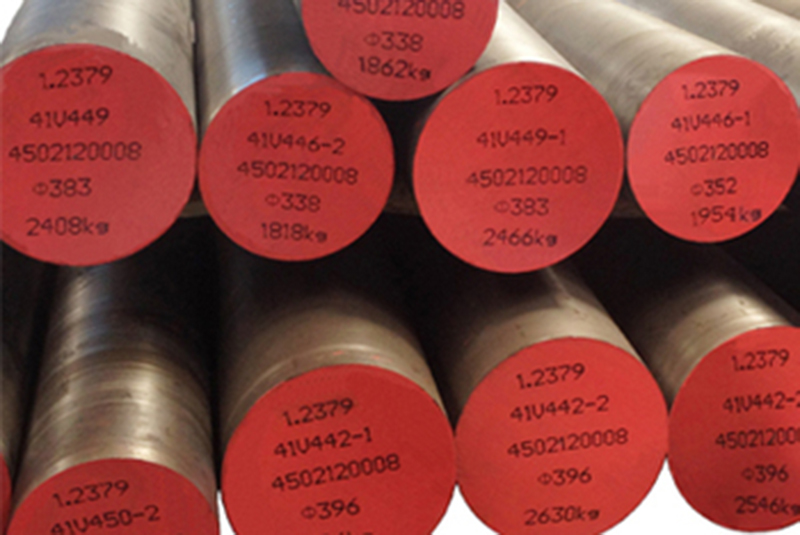
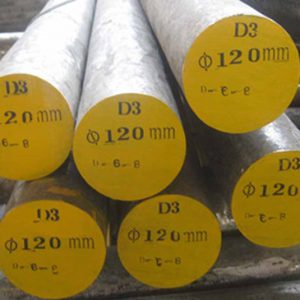
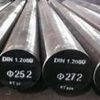
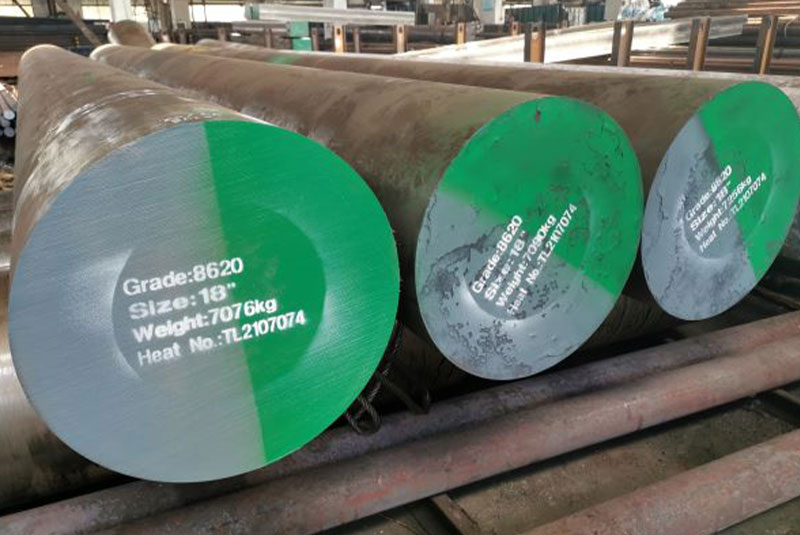
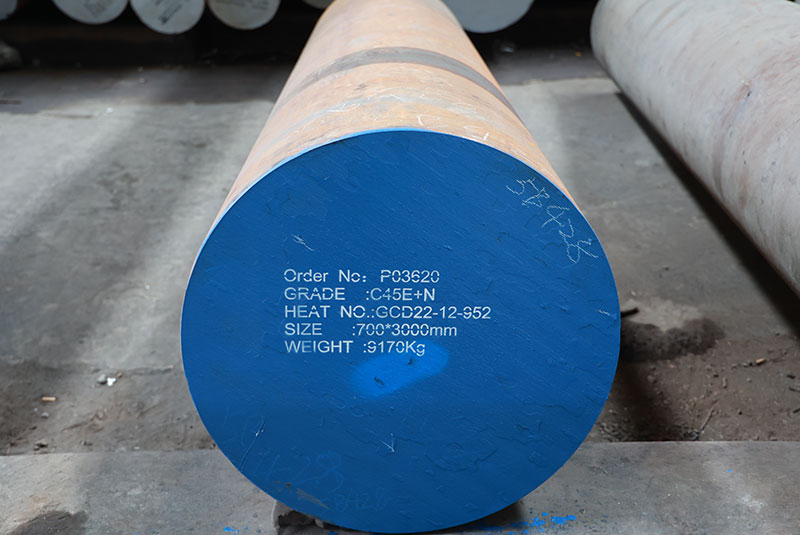
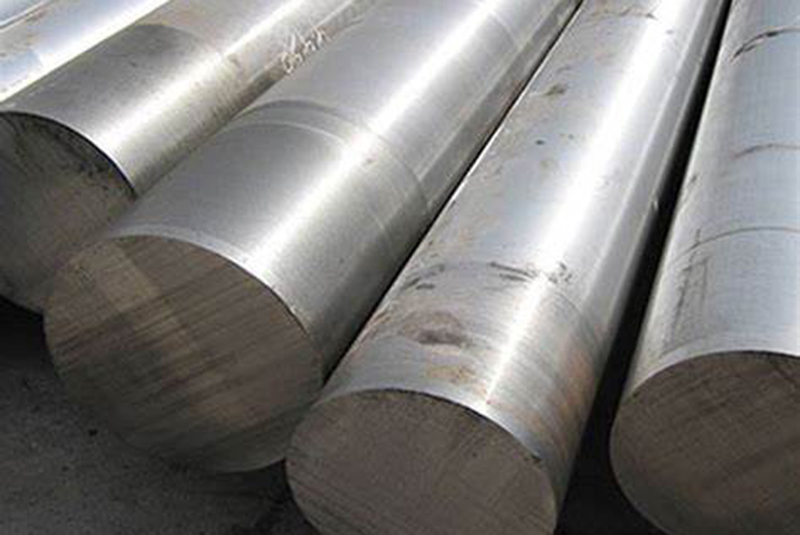
Heat Treatment of Incoloy 800 Nickel-Iron-Chromium Alloy Steel
Heat treatment plays a critical role in enhancing the properties of Incoloy 800. Here’s an overview of the typical heat treatment processes:
| Heat Treatment Process | Details |
|---|---|
| Solution Annealing | 980 – 1050°C (1796 – 1922°F), followed by rapid air cooling. |
| Stabilizing Anneal | 870 – 900°C (1598 – 1652°F), used to improve resistance to intergranular attack. |
| Stress Relief | 870 – 900°C (1598 – 1652°F), held for 1-3 hours, then cooled. |
Suppliers and Pricing Details for Incoloy 800
When sourcing Incoloy 800, it’s important to compare suppliers and pricing to ensure you’re getting the best deal. Here’s a snapshot:
| Supplier | Price (per kg) | Contact Information |
|---|---|---|
| Supplier A | $50 – $60 | www.supplierA.com |
| Supplier B | $55 – $65 | www.supplierB.com |
| Supplier C | $52 – $62 | www.supplierC.com |
Advantages and Disadvantages of Incoloy 800
Every material has its strengths and weaknesses. Let’s compare the pros and cons of Incoloy 800:
| Advantages | Disadvantages |
|---|---|
| High-temperature strength | Cost: More expensive compared to some other alloys |
| Excellent corrosion resistance | Weight: Heavier than some alternative materials |
| Versatile applications | Machinability: Can be challenging to machine |
| Good thermal stability | Availability: Might not be available everywhere |
Comparing Incoloy 800 to Other Alloys
How does Incoloy 800 stack up against other similar alloys? Let’s see:
| Feature | Incoloy 800 | Inconel 600 | Stainless Steel 310 |
|---|---|---|---|
| High-Temperature Strength | Up to 1100°C (2012°F) | Up to 1093°C (2000°F) | Up to 1150°C (2102°F) |
| Corrosion Resistance | Excellent | Excellent | Good |
| Oxidation Resistance | Excellent | Good | Very Good |
| Cost | Higher | High | Moderate |
| Common Applications | Industrial heating, power plants | Chemical processing, aerospace | Furnace parts, heat exchangers |
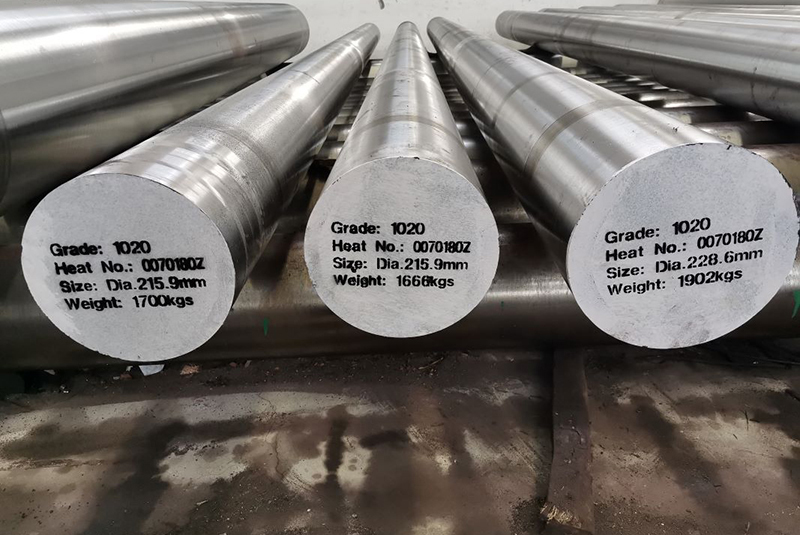
FAQ
Let’s address some frequently asked questions about Incoloy 800:
| Question | Answer |
|---|---|
| What is Incoloy 800 used for? | It’s used in high-temperature applications such as heat exchangers, furnace components, and more. |
| How does Incoloy 800 compare to Inconel 600? | Incoloy 800 offers slightly better oxidation resistance and cost-effectiveness in some applications. |
| Can Incoloy 800 be welded? | Yes, it can be welded using common welding techniques, although proper procedures must be followed. |
| What makes Incoloy 800 corrosion resistant? | Its high chromium content provides excellent resistance to many corrosive environments. |
| Is Incoloy 800 suitable for cryogenic applications? | No, it is primarily designed for high-temperature environments. |
Conclusion
Incoloy 800 Nickel-Iron-Chromium Alloy Steel is a material of choice for many high-temperature applications, thanks to its excellent strength, corrosion resistance, and thermal stability. Whether you’re in the chemical processing industry, power generation, or any field requiring durable and reliable materials at elevated temperatures, Incoloy 800 is worth considering. Its robust properties and versatility make it a cornerstone in the world of high-performance alloys. So, the next time you encounter a demanding high-temperature environment, remember Incoloy 800 – the unsung hero of alloys.

